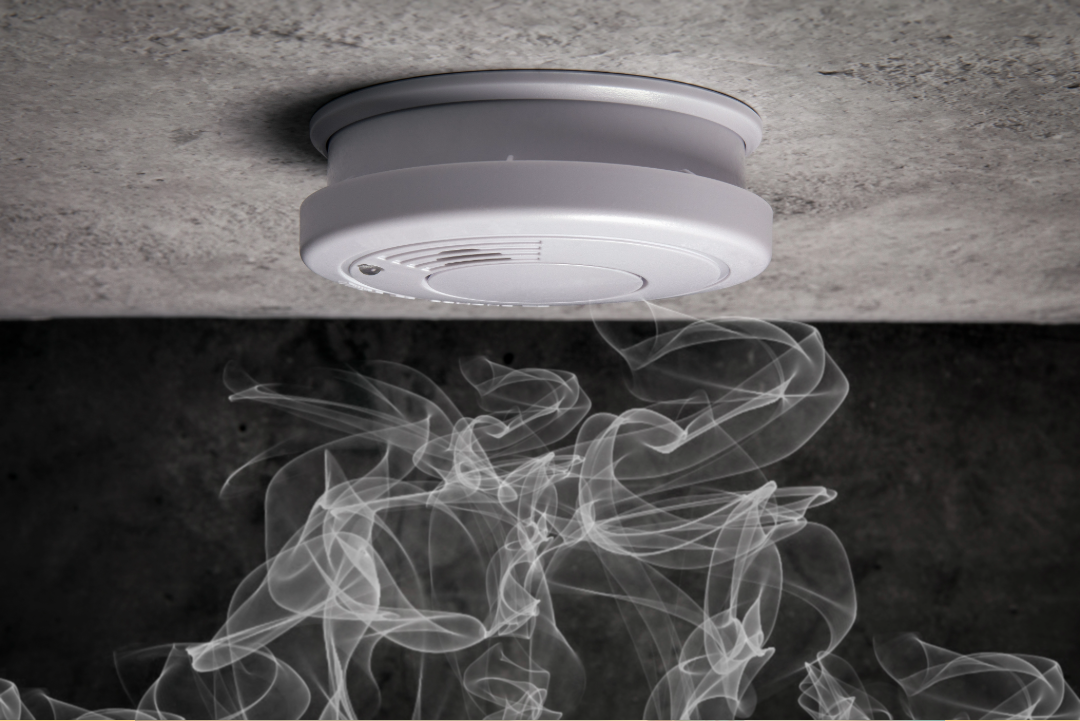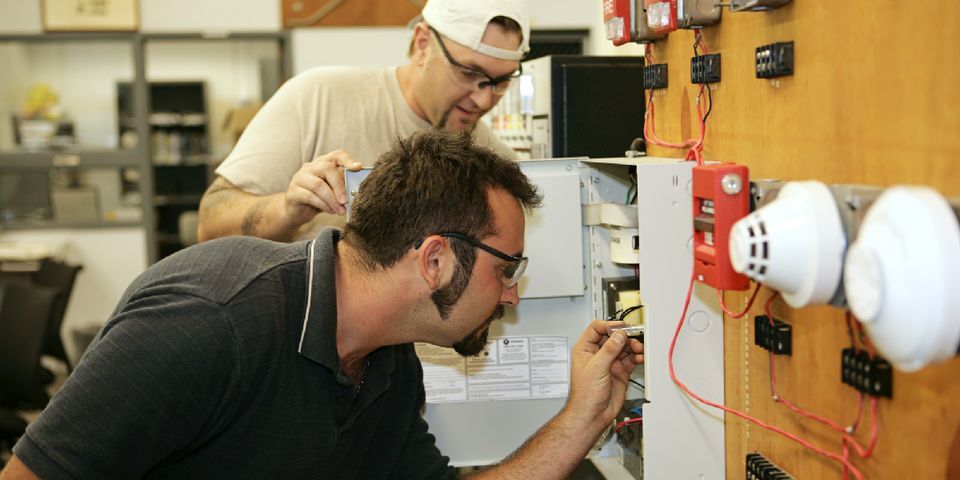Addressable vs. Conventional Fire Alarm Systems
Addressable vs. Conventional Fire Alarm Systems
What You Need to Know
 Prevention is everything when it comes on to fire safety. Preventing loss of life and property is critical. And a major part of this is the fire alarm system that you choose.
Prevention is everything when it comes on to fire safety. Preventing loss of life and property is critical. And a major part of this is the fire alarm system that you choose.
Now, there are two types of fire alarm installations – addressable and conventional. It’s not a matter of one being better than the other. But more so which system is most suitable for your business and circumstances.
Addressable vs. Conventional Fire Alarm Systems
Understanding the difference between the two fire alarms starts with how each device in your system is linked to the main fire panel.
A quality fire alarm is a combination of audio and visual devices, whether manual or automatic. These include smoke detectors and heat sensors, sprinklers (some that can send signals to emergency responders), suppressant systems, alarm pulls, etc. All these devices must be linked to the main fire panel.
Conventional fire alarm systems require that each device is linked by individual wires which connects them back to the main panel. In an addressable system, a single wire often connects all devices in a loop back to the main panel.
Where each device is linked individually, it’s easier to pinpoint the location of a fire. This saves time and resources when responding to a fire. Of course, cost is another major factor between the two. Conventional systems would need more cabling and labor to complete. Addressable systems are less complex to install.
However, there are instances where it is better to install an addressable system over a conventional one and vice versa. It all depends on the size and type of project. Often a conventional fire alarm is ideal for small buildings, whereas an addressable system may be better for large complex buildings.
Which system do you have?
Regardless of the system you choose, it must meet the National Fire Protection Association (NFPA) codes and local regulations. As an owner or operator of a commercial building, you must have a code-compliant fire system.
To ensure you do, let ATP Alarms look at your building fire alarm system for improvements. We are a leader in the design, installation, and inspection of fire suppression and special hazard systems . We’ll also help you identify what intelligent components you can incorporate to increase the quality of your system.
Security Systems
(844) ATP-ALRM
(844) 287-2576
Fire Systems
(844) ATP-FIRE
(844) 287-3473
The post Addressable vs. Conventional Fire Alarm Systems appeared first on ATP Alarms.











